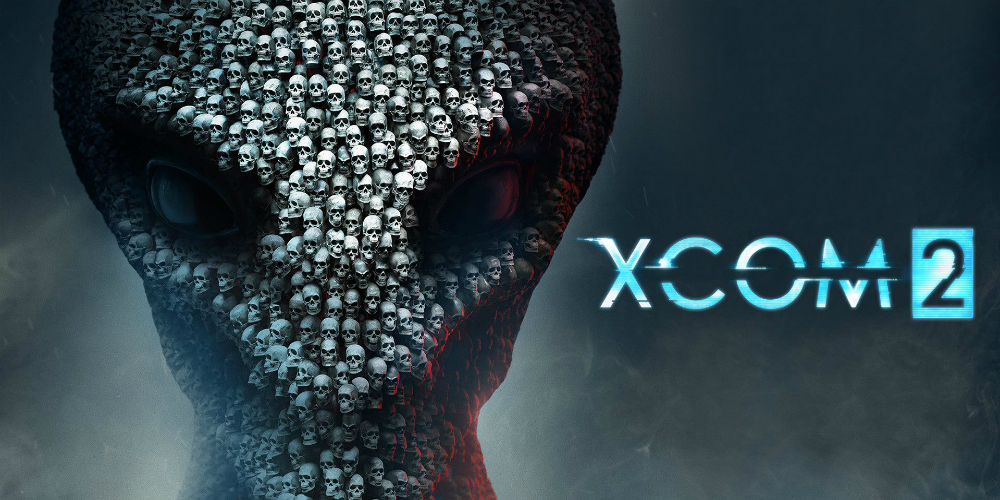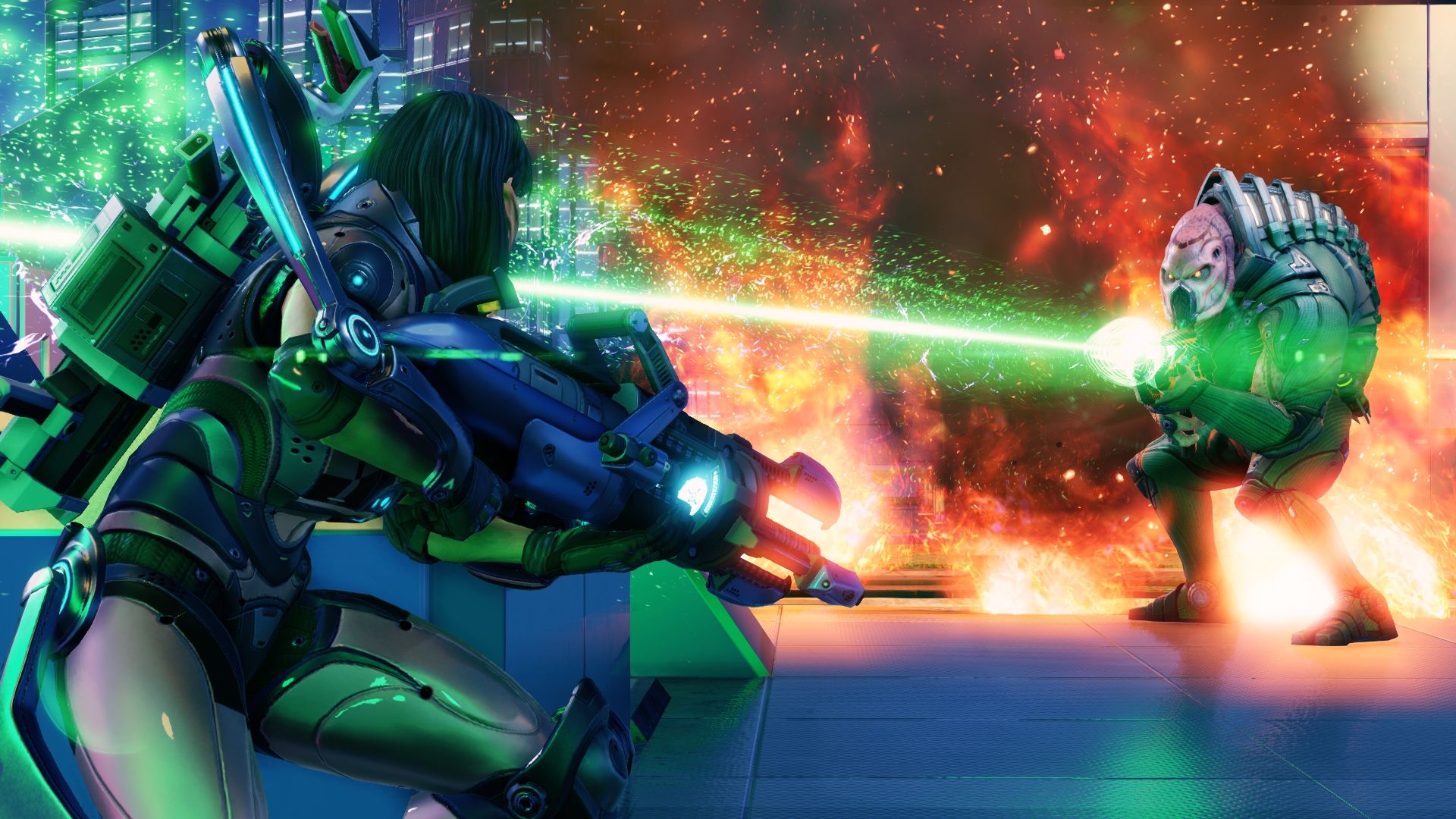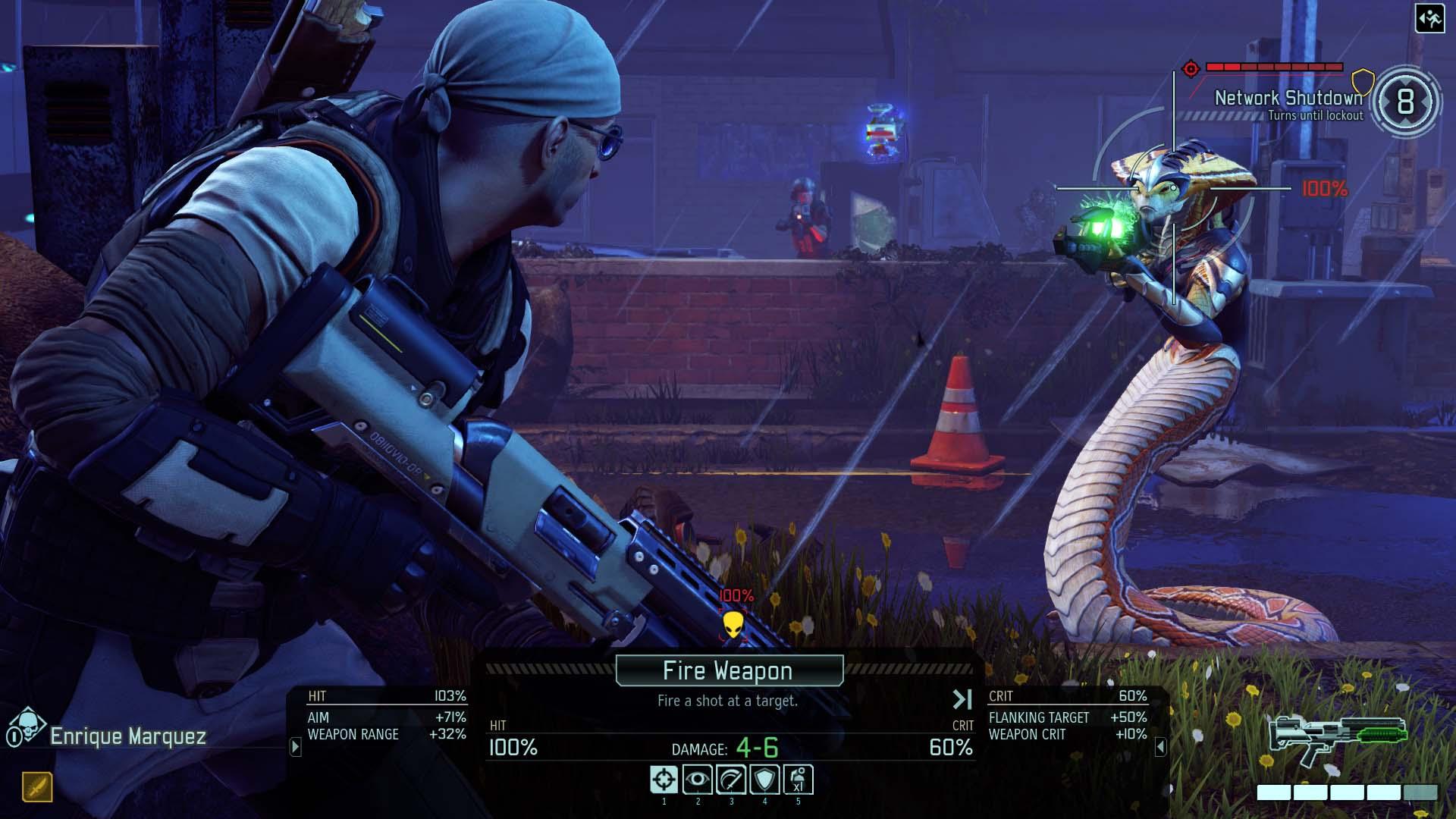
There’s been a growing trend over the past decade where video games have, in various ways, attempted to emulate the cinematic nature of film. This sentiment has manifested itself in expansive scripts, bombastic set pieces, and a heightened reliance on camerawork, but no matter which form this pining for Hollywood takes, all share in common the removal of control from the player. This shouldn’t be a surprise, as a film is crafted by a director, not the audience, and leaving it to the player to call the shots opens the risk of them not realizing the developer’s vision.
While not necessarily bad, this direction that gaming has taken isn’t ideal for exploiting the medium’s unique potential. Some of the most memorable stories, sequences, and experiences in gaming are told when the player is given less, not more, restrictions. Hideo Kojima is arguably the definitive auteur in gaming, and certainly the one who borrows the most from cinema. Yet while most of his iconic Metal Gear Solid series is characterized by extended cutscenes and directorial choices that are as intriguing as they are bizarre, it was the final installment, THE PHANTOM PAIN, that left some of the most significant impressions upon the player. It’s no coincidence that THE PHANTOM PAIN saw the least of Kojima’s touch in the entire series, trading the tomes of script for a wide open playground for players to craft their own tales.
XCOM 2 reminds me of THE PHANTOM PAIN for many of these same reasons. The turn-based strategy title with RPG elements and a macroeconomic sub game may not be the obvious comparison to the forefather of stealth action, but it’s more apt than most. With practically no narrative cues to speak of, players race to save the world in a struggle even more nail-biting than anything levied in UNTIL DAWN. Its lineup of characters, who are auditioned, cast, and developed entirely by the player, leave lasting impressions not equaled outside of cult television series. In an era of gaming where developers increasingly want to take gamers for a nice ride along the coast, XCOM 2 not only gives you the wheel, but cuts the breaks and wishes you luck before leaping out the back.

This situation is a little more relaxing than playing XCOM 2
The loose premise of XCOM 2 picks up 30 years after the events of the first game. Assuming the player was unsuccessful at repelling the alien invasion of Earth, XCOM 2 sees the planet ruled by the iron fist of ADVENT, the puppet government helmed by the extraterrestrials. After being rescued from captivity, it’s your job as the Commander of a rebuilt XCOM to launch a ragtag resistance and liberate Earth before ADVENT’s sinister agenda can come to fruition.
That setup, delivered over maybe five minutes of introductory cutscenes, is all the player gets, and frankly, needs, in terms of context. The rest of XCOM’s mission, and the course of the story, are left entirely in your hands. As Commander, you are in charge of XCOM’s administrative and tactical operations, both of which are key to your success. From the world map, you can raise and expand resistance cells, construct additional facilities, invest in new technologies, and recruit operatives for your engineering, scientific, and combat teams. While you’re keeping the books in check, you’ll also be launching attacks on various ADVENT targets, sometimes as well-prepared assaults on enemy strongholds, and other times as last-second reactions to the alien’s retaliatory raids. Its constant process of juggling conflicting priorities starts out stressful and only grows in tension moving forward.
Groundside skirmishes are no less complicated. Leading up to six soldiers, players must outmaneuver numerically, technologically, and physically superior alien forces on randomly generated maps. In addition to the end goal of either eliminating all enemies or extracting your squad (or both), there is always a mission objective to complete that will further your cause, ranging from extracting key VIPs or sabotaging enemy equipment. While taking things slowly and being careful would be ideal, most missions have strict time limits, forcing soldiers to constantly act with flagrant disregard for their own lives just to survive. Throw in tempting diversions like supplies that can be stolen, as well as the ever-present threat of alien reinforcements, and each victory begins to feel more and more like a miracle.

“100% chance of success” is XCOM lingo for “there’s still a good chance you’ll fail”
In terms both broad and narrow, XCOM 2 is all about resource management. Yes, there’s power capacity and research funding levels that must be maintained, but the most valuable capital of all is in human lives. All soldiers begin as rookies, only unlocking specializations through experience. Recruits are generally unreliable, as they miss as many targets as they hit, panic at the first sight of trouble, and die like flies. Replacing them gets expensive, but it becomes necessary to maintain a steady reserve.
On the other side of the coin, those that survive long enough to become veterans quickly secure their positions as veritable badasses. Your champs are able to pull off game-winning plays, from sniping out the entire enemy chain of command in a single turn to hacking into a towering robot that is about to obliterate your entire squad.These soldiers take on personalities of their own, adopting personality traits, special abilities, and nicknames that make them stand out from the pack.Yet as the aliens escalate and improve their forces to the point where rookies just won’t cut it, it’s these all-stars whose lives need to be spent for the greater good. Watching hours of investment get ventilated by laser fire is never easy to watch, but it also makes their sacrifice feel like an actual loss, rather than just another asset going down the drain.
XCOM 2 is much more difficult than its predecessor, but it also gives the player new tools to play around with. As a resistance network, XCOM is on the offensive this time around, meaning that you are usually afforded the luxury of choosing your own battles. Most missions begin with your squad in concealment, letting you draw ADVENT patrols into traps that will often decide the course of the battle. The addition of stealth not only affords you an upper hand if used right, but also opens up whole new dimensions to gameplay, such as finishing a mission without firing a single shot. Soldiers themselves have access to perks and skills that far exceed anything available in the first game, similarly opening up new tactical possibilities. While XCOM 2 is certainly punishing, on a level to rival DARK SOULS, successfully using the right move at the right time can yield a sensation of immense accomplishment.
This town ain’t big enough for the ten of us
Truth be told, I don’t think I have, or ever will again, play a game that successfully blends as many genres as XCOM. Strategy, stealth, action, roleplaying, and a dash of survival horror sounds like it would make a bad brew, but XCOM 2 delivers and constantly leaves me begging for more. And although the original 2012 reboot of the franchise remained my favorite game for years, XCOM 2 is proof that you really can improve upon perfection.
Verdict: Recommend
Reviewed on PlayStation 4, also available on Xbox One and PC
